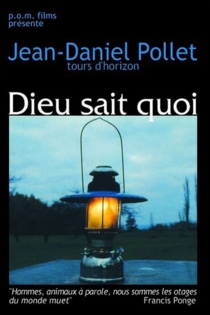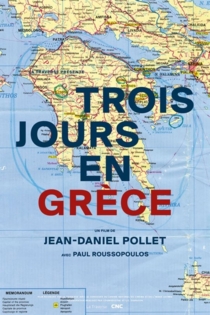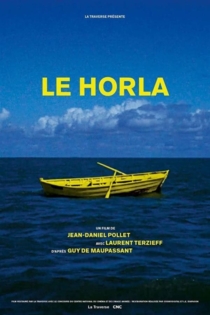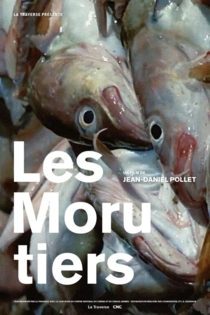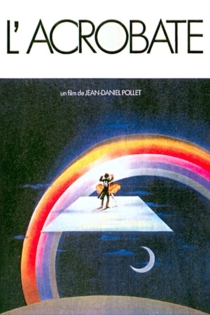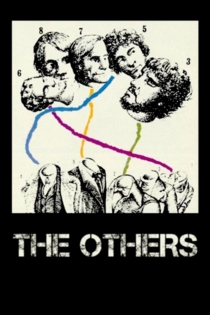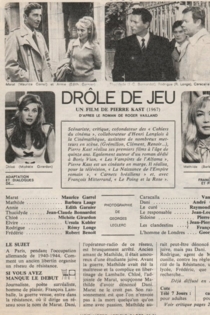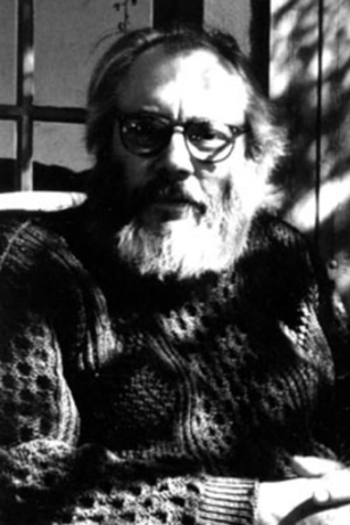
Jean-Daniel Pollet
1936 - 2004Description above from the Wikipedia article Jean-Daniel Pollet, licensed under CC-BY-SA, full list of contributors on Wikipedia.
Pour mémoire
Jean-Daniel Pollet
Lucien Doyen, Rene Duchamp
A foundry in Perche was established in 1876. This is a final homage paid to the ancestral occupation of foundrymen, whose actions have been repeated innumerable times through the years and which are now going to disappear forever.
Pour mémoire
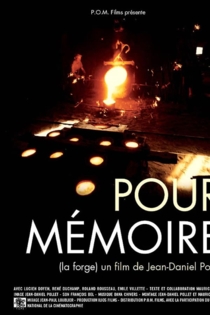
L'Ordre
Jean-Daniel Pollet
Raimondakis, Philippe Sollers
Pollet provides an insight into life on the leper colony of Spinalonga, an island off Crete, through the eyes of Raimondakis, who tells the story of his life to the camera after having been excluded from his community to spend years of his life on the island with his fellow sufferers. Themes addressed include love, community, companionship and death and the importance of these values to all people whatever their state of health.
The Order
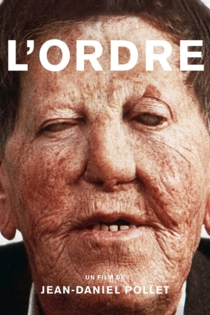
Bassae
Jean-Daniel Pollet
Jean Négroni
"I was interested by the fact that some old guy, after the Parthenon’s glamour, devoted himself in a much smaller temple, where there was no white marble, no nothing. All Greek temples are dedicated to Apollo etc, and this particular one was not dedicated to anyone and is in a place where there never was a city nearby, in a kind of wasteland, in a ditch. But, just by going up a bit –you are in the centre of Peloponissos- on a clear day, you can see the sea on both your left and right. I went back there, at least six, seven or eight times, as if I wanted to think or find myself. So, at the temple in Bassae, I made a short 10 minute film and I was lucky enough to encounter two days of clouds and mist between the columns." —ecofilms.gr (Jean-Daniel Pollet, Tours d’horizons, Editions de l’oeil 2005)
Bassae
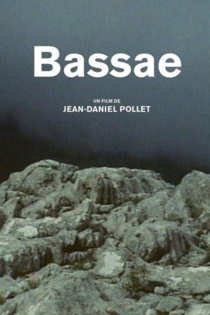
Contretemps
Jean-Daniel Pollet
Philippe Sollers, Julia Kristeva
As a rereading of his films, "Contretemps" (in the fight against time), Jean-Daniel Pollet brings together excerpts of his films and a report by Jean Baronnet. The author Philippe Sollers and philosopher Julia Kristeva voice their thoughts.
Contretemps
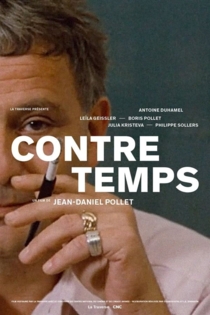
Gala
Jean-Daniel Pollet
Claude Melki, Gésip Légitimus
Gala (1961), a more polished version of Pourvu, set in a black cha-cha nightclub. Relying more upon looks, faces, and unease, rather than gags or dialogue, Pollet sets the cool elegance of the club's manager against the decidedly uncool Melki and his sartorial inadequacies. - Village Voice
Gala
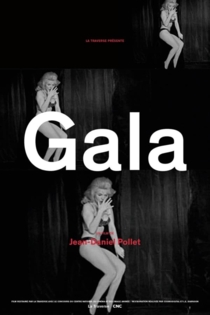
Six in Paris
Jean Rouch, Jean-Daniel Pollet
Jean-Pierre Andréani, Stéphane Audran
Six vignettes set in different sections of Paris, by six directors. St. Germain des Pres (Douchet), Gare du Nord (Rouch), Rue St. Denis (Pollet), and Montparnasse et Levallois (Godard) are stories of love, flirtation and prostitution; Place d'Etoile (Rohmer) concerns a haberdasher and his umbrella; and La Muette (Chabrol), a bourgeois family and earplugs.
Six in Paris
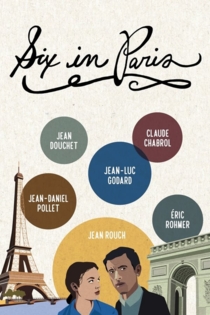
Au Pere Lachaise
Jean-Daniel Pollet, Pierre-Marie Goulet
Père Lachaise cemetery reflects the socio-economic hierarchy of French society during the second half of the 19th century. The film pays homage to the Communards who were shot and whose simple commemorative gravestone contrasts with the insolence of the monuments of the great bourgeois families.
Au Pere Lachaise
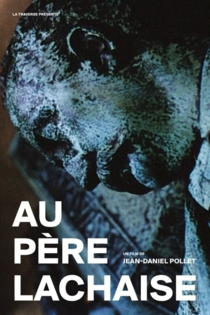
Pourvu qu'on ait l'ivresse…
Jean-Daniel Pollet
Claude Melki
Jean Daniel Pollet’ was 22 when he made his debut short movie, "Pourvu qu’on ait l’ivresse" in 1957. It is a study of loneliness set in the dance hall of suburban Paris in the 50's starring Claude Melki, a young unknown non-actor whom Pollet discovered and who would become the director’s acteur fétiche. Melki was also the central charcter in Gala which was filmed 3 years later. - TOFU magazine
As Long as You Get Drunk...
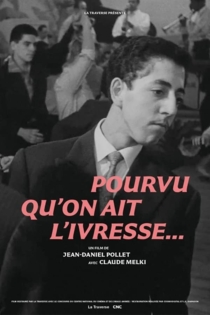
Ceux d'en face
Jean-Daniel Pollet
Michael Lonsdale, Valentine Vidal
In a big isolated house, Mikael, a musician, is composing a psalm. A young woman, Linda, comes to retreive a suitcase belonging to Sébastien, her companion and Mikael's friend. It contains hundreds of photographs from all over the world. While he is travelling, Sébastien has asked Linda to organise the photographs with a view to an exhibition. Mikael invites Linda to reside with him. She accepts. That is the heart of the film – an intertwining of photographs which, juxtaposed by Linda, begin to speak. In parallel with this, Linda receives cassette-letters from Sébastien. A subtle relationship is established between Linda, the young debutante, and Mikael, the man of experience. Mikael goes off to direct his psalm, Linda stays alone. The walls become covered with photographs – wall of happiness, wall of misery – the fight between Good and Evil. Linda learns of the accidental death of Sébastien and stays alone.
Those Facing Us

